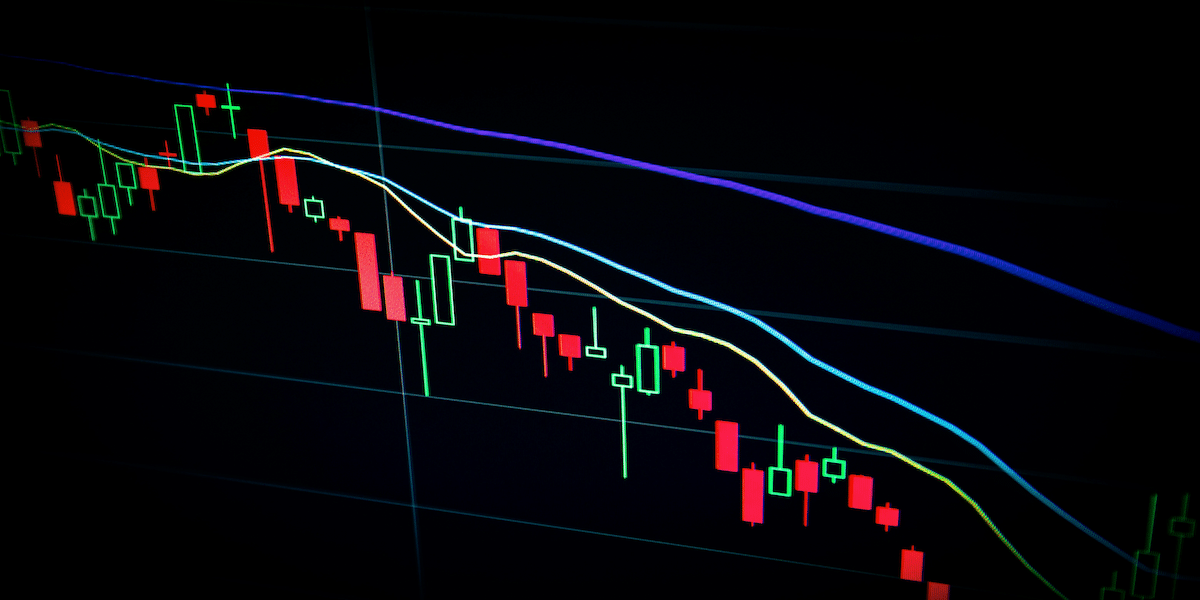Image Commercially Licensed From: Unsplash
Introduction
The foreign exchange market, commonly referred to as Forex or FX, has a rich history dating back to ancient civilizations and plays a critical role in the contemporary global economy. The emergence of Forex brokers as key intermediaries, along with the influence of Forex on the global economic landscape, has made it a subject of substantial scholarly interest. In this essay, we will explore the historical development of foreign exchange, the role of Forex brokers, their impact on the global economy with reference to historical events, the significance of notable investors like George Soros, international variations in Forex markets, and how to identify potential scams in the industry.
1. Emergence and Evolution of Foreign Exchange
Foreign exchange, in various forms, has been practiced for centuries. The seminal work of Kindleberger (2005) underscores its historical importance. Trade between nations necessitated the exchange of currencies, a practice that dates back to the earliest human civilizations. The Roman Empire standardized currencies, facilitating trade across vast regions. However, it was the collapse of the Bretton Woods system in the 1970s that marked the birth of the modern Forex market, allowing currencies to float freely based on supply and demand dynamics.
2. Genesis of Forex Brokers
As Kindleberger (2005) notes, the concept of Forex brokers is closely tied to the evolution of the Forex market itself. Early Forex trading involved direct contact with financial institutions and banks, making it complex and costly. Forex brokers emerged to bridge this gap, providing a platform for individuals and smaller institutions to access the market. With the advent of the internet in the 1990s, online Forex brokers transformed the landscape, democratizing access to the market and providing a user-friendly trading experience.
3. Forex’s Role in the Global Economy: Historical Example
The influence of Forex on the global economy is well-documented. Kindleberger’s work provides historical context for the role played by Forex and Forex brokers. The Plaza Accord of 1985 serves as a significant historical event where major world economies collaborated to weaken the overvalued U.S. dollar, benefiting export-oriented economies like Japan and contributing to the reduction of global trade imbalances. Forex brokers played a pivotal role in facilitating the trading volumes that resulted from this international agreement.
4. George Soros: A Forex Legend
The wisdom of George Soros, a legendary Forex investor, as emphasized in his philosophy of market reflexivity, is well-known. His influence on the market is a subject of interest to researchers and traders alike. Soros’ statement, “It’s not whether you’re right or wrong that’s important, but how much money you make when you’re right and how much you lose when you’re wrong,” underscores the importance of risk management and capitalizing on accurate market analysis, as highlighted by Martin (2012) in his analysis of successful trading strategies.
5. Forex Differences Between Countries
The variations in Forex markets between countries are a subject of academic exploration. Different regulatory frameworks, currency pairs, and trading hours necessitate an understanding of global nuances. Notably, Dooley and Shafer (1984) discuss the implications of international trade on exchange rates, shedding light on the factors that influence currency values.
6. Identifying Forex Broker Scams
Identifying Forex broker scams is crucial for trader safety, and relevant academic literature supports this point. References like Leung (2019) emphasize the importance of regulatory oversight and transparency in the Forex industry, highlighting red flags such as unresponsive customer support and hidden fees.
7.How to Choose the Best Forex Broker
Choosing the best Forex broker involves a comprehensive evaluation of various aspects to match individual needs and preferences. Here’s a step-by-step guide to help you in your selection process:
Define Your Trading Goals: Start by identifying your trading goals, risk tolerance, and preferred trading style. This will help you determine the specific features and services you need from a broker.
Research and Compare: Research multiple brokers and compare their offerings. Look at their regulatory status, trading conditions, available assets, and the quality of their trading platforms.
Read Reviews: Seek out reviews and feedback from other traders who have experience with the broker you’re considering. This can provide valuable insights into the broker’s performance and reputation.
Demo Account: Many brokers offer demo accounts that allow you to test their trading platform and services with virtual money. Take advantage of these accounts to get a feel for the broker’s offerings.
Customer Support: Contact the broker’s customer support to assess their responsiveness and willingness to assist. This can be a good indicator of their overall service quality.
Open a Live Account: Once you’ve thoroughly researched and compared brokers, consider opening a live account with a small initial deposit. This will allow you to experience the broker’s services in a real trading environment.
Conclusion
The Forex market and Forex brokers have played a significant role in shaping global trade and finance. Citing the scholarly works of Kindleberger, Martin, Dooley, Shafer, and Leung reinforces the significance of understanding the historical context, the impact of key figures like George Soros, international variations, and the need for vigilance against potential scams in the Forex industry. This integrated knowledge equips traders and researchers to navigate the dynamic world of foreign exchange effectively.
Now, let’s expand the essay further by delving deeper into the topics, providing more examples, and adding additional academic references to support the arguments.


















